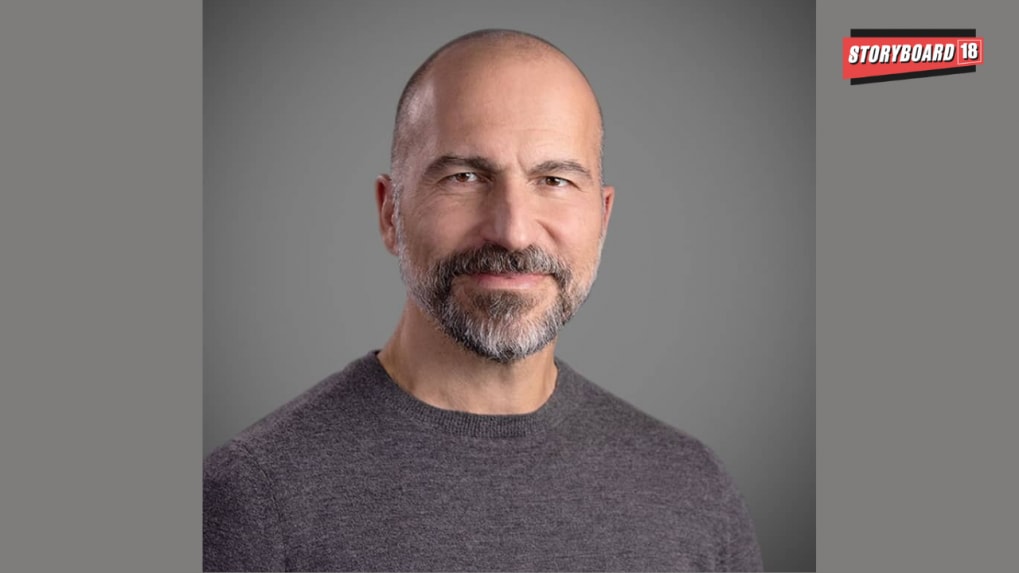How it Works
WPP, Havas, Omnicom: Are advertising’s biggest holdcos recasting agencies as AI Operating Systems?

Uber CEO Dara Khosrowshahi has said that Rapido has displaced Ola as the company’s fiercest competitor in India, citing the bike-taxi startup’s aggressive two- and three-wheeler push backed by a zero-commission subscription model.
“Ola used to be our main competition. I’d say now the tougher competition in India is Rapido. They got into two-wheelers and three-wheelers really aggressively with a zero-commission subscription model. Very scrappy as well. Ola is now kind of a distant third,” Khosrowshahi said on Zerodha co-founder Nikhil Kamath’s podcast released Sunday.
The Uber chief stressed that India is a “must-win” market for the company, calling it Uber’s third-largest globally with 1.4 million drivers across autos, bikes, three-wheelers and cars. “India is a must-win for Uber, not just tomorrow, but ten years from now,” he said.
Khosrowshahi acknowledged that Rapido’s driver-friendly model gave it early traction but questioned its sustainability. “They’re not making money yet. The real test is whether they can grow profitably. We have a lot of respect for them and intend to compete really hard,” he added.
Read More: Uber executive calls for radical shift from private cars to public transit in Indian cities
He also touched on Uber’s broader strategy, describing the platform as a “local operating system for everyday life” spanning rides, food, grocery, and retail deliveries. On autonomous vehicles, Khosrowshahi predicted a 20-year horizon for India, citing high costs and infrastructure gaps.
Despite Uber’s global scale, Khosrowshahi said he pushes to keep a startup mindset. “Within these walls, we want to act like a startup. Outside, we have to recognise we are a big company, and that comes with responsibility,” he noted.
From purpose-driven work and narrative-rich brand films to AI-enabled ideas and creator-led collaborations, the awards reflect the full spectrum of modern creativity.
Read MorePraveen Someshwar, Managing Director and CEO of Diageo India, joins the Grand Jury of the Storyboard18 Awards for Creativity, highlighting the awards’ focus on work that blends cultural relevance with strategic and commercial impact.